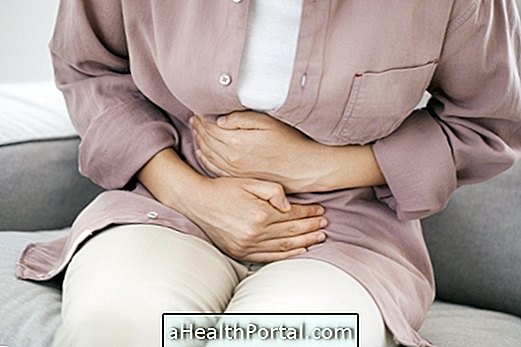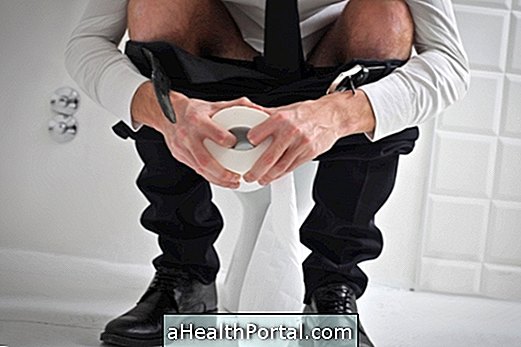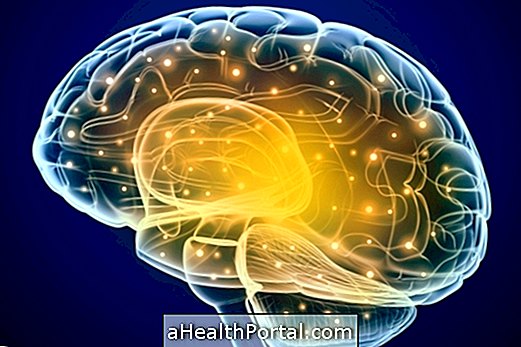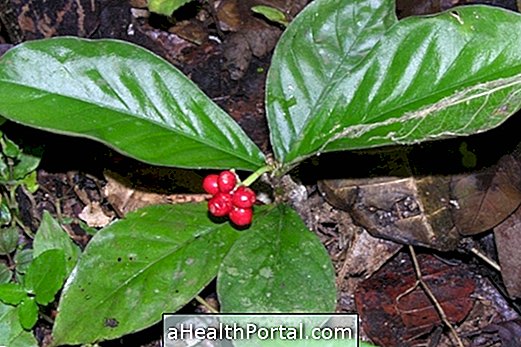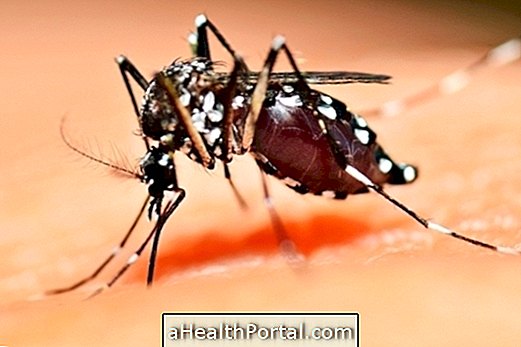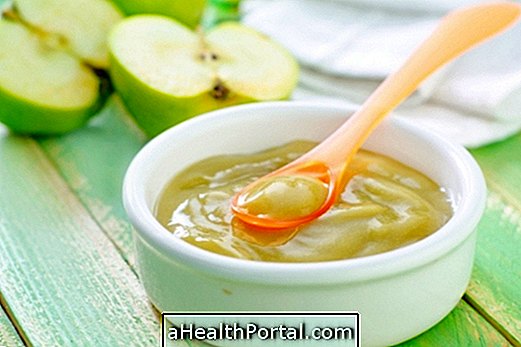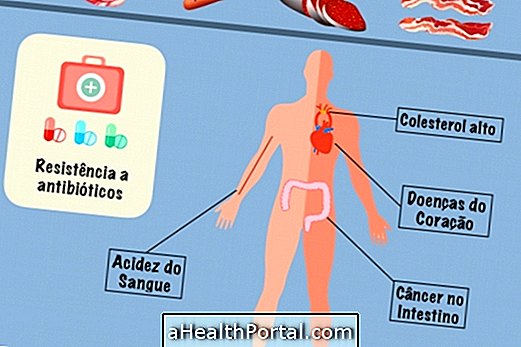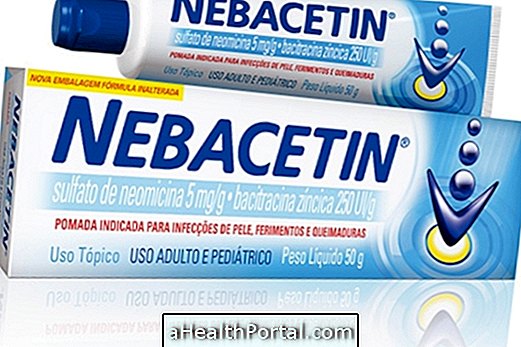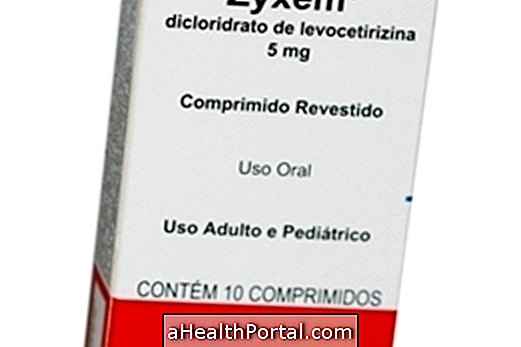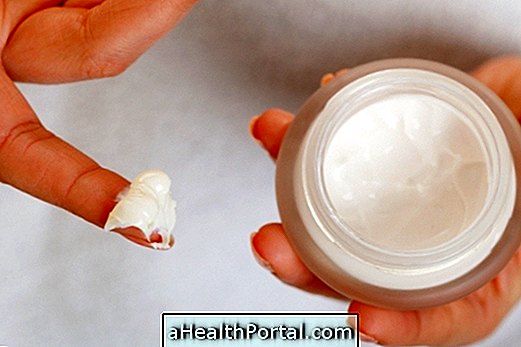The gallstone in pregnancy is a problem that can arise due to the hormonal changes of gestation that make it difficult to empty the gallbladder, facilitating the accumulation of cholesterol and the formation of stones inside.
Generally, gallstone in pregnancy is more common in overweight pregnant women, high blood cholesterol levels, and diabetes, since gall stones are formed due to the accumulation of calcium and cholesterol inside the gallbladder.
The stone in the gallbladder does not prevent pregnancy or affect the baby, however, some complications such as infection or severe vomiting can reduce the pregnant woman's nutritional status and hinder the development of the fetus. Therefore, it is important to consult the obstetrician and have nutritional follow-up if there are symptoms of stone in the gallbladder, such as abdominal pain and nausea, to initiate appropriate treatment and avoid complications.
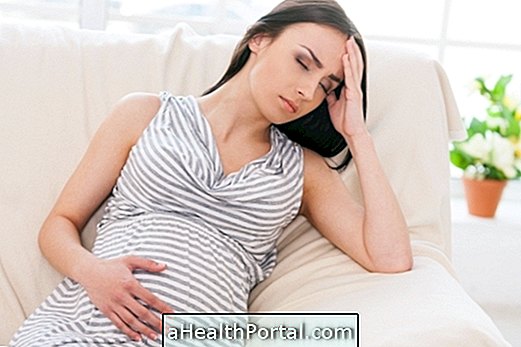
Symptoms of gallstone in pregnancy
Symptoms of gallstone in pregnancy may include:
- Abdominal pain right, especially after eating;
- Back pain;
- Nausea and vomiting;
- Fever above 38ºC
- Goosebumps;
- Skin or yellow eyes;
- Clearer stools.
Symptoms of stone in the gallbladder during pregnancy are more common in the third trimester of pregnancy, however, may appear earlier in women who are overweight. Here's how to identify the stone in the gallbladder.
Treatment for gallstone in pregnancy
The treatment for stone in the gallbladder during pregnancy should be done under the guidance of the obstetrician as soon as the first symptoms appear and aims to improve the health of the woman and, consequently, the baby. Treatment usually includes regular physical exercise and poor diet in fatty foods, such as fried or sausage, to reduce the symptoms. Learn how diet is made during the kidney stone crisis.
In addition, your doctor may also prescribe the use of anti-inflammatory and analgesic medicines, such as Indomethacin or Acetominofene, which help decrease symptoms if diet and exercise are not enough.
Is surgery recommended?
Surgery for stone in the gallbladder during pregnancy is not recommended, only in very serious cases, so that when the first symptoms of the stone appear in the gallbladder should go to the obstetrician for diagnosis and initiation of treatment.
When indicated, the surgery should be done when the woman is in the second trimester of pregnancy, because before that there may be a risk of miscarriage and after this period there may be risk to the woman due to the size of the baby that ends up making it difficult to access the gallbladder. In addition, surgery should only be performed in cases of severe gallbladder infection, intense pain or risk of miscarriage due to malnutrition of the mother, for example. In these cases, laparoscopy is used to reduce the risks of surgery for pregnancy. Understand how laparoscopic surgery is done.

